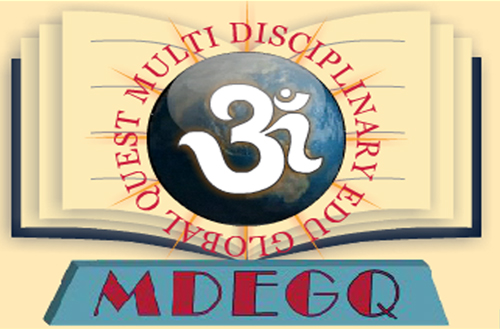ICT: A VALUE ADDED TOOL FOR QUALITY TEACHING/LEARNING
This paper is an attempt to highlight the likely changes one can bring about in higher education with the help of ICT. It also tries to postulate how the use of ICT works as a value added tool for quality learning.
The categories of documents used in the study include both secondary as well as primary sources. The samples for the research were chosen only from the master degrees programs. Data were collected from three various courses and five different colleges/university departments of Surat city, i.e.; Metas of Seventh-Day Adventists College (MBA, affiliated to NEHU University), Department of Economics (MBE, affiliated to V.N.S.G. University), Department of Commerce (M.Com.,) affiliated to V.N.S.G. University, S.P.B. English medium College (M.Com., affiliated to V.N.S.G. University) and Navyug Commerce College (M.Com., affiliated to V.N.S.G. University). The study took place between August and December 2011. Around 75 faculties and 250 respondents (students) were selected on random basis for the study.
These data are collected by means of questionnaires, group reviews, survey, personal interviews and computer-based classroom observations. During the structured interview session, open-ended and closed-ended questions were asked from interviewees in order to obtain the opinion and current status of ICT diffusion in selected institutions.
This study found that students of Masters were generally favorable to the use of ICTs.
The present study concludes that successfully incorporating ICTs into teaching and learning fundamentally depends on teachers’ role as guides who can promote active and autonomous learning, increase cooperative learning and assignments and assist students in constructing their own avenues of knowledge. College managements and university departments should also act in the direction of providing students and teachers’ adequate infrastructure and facilities and easy access to ICTs.
